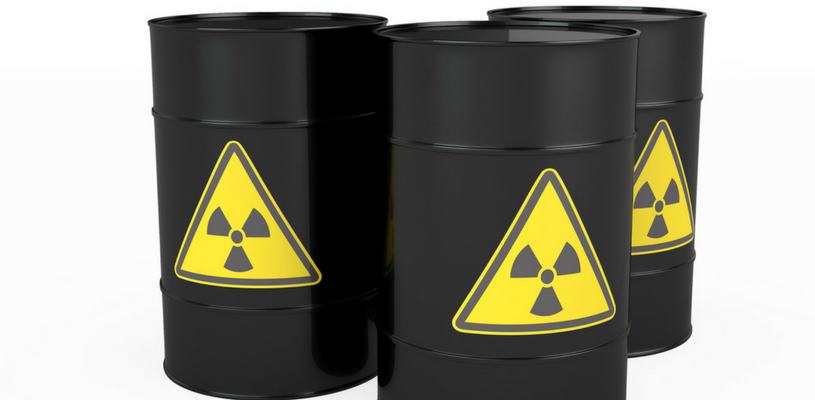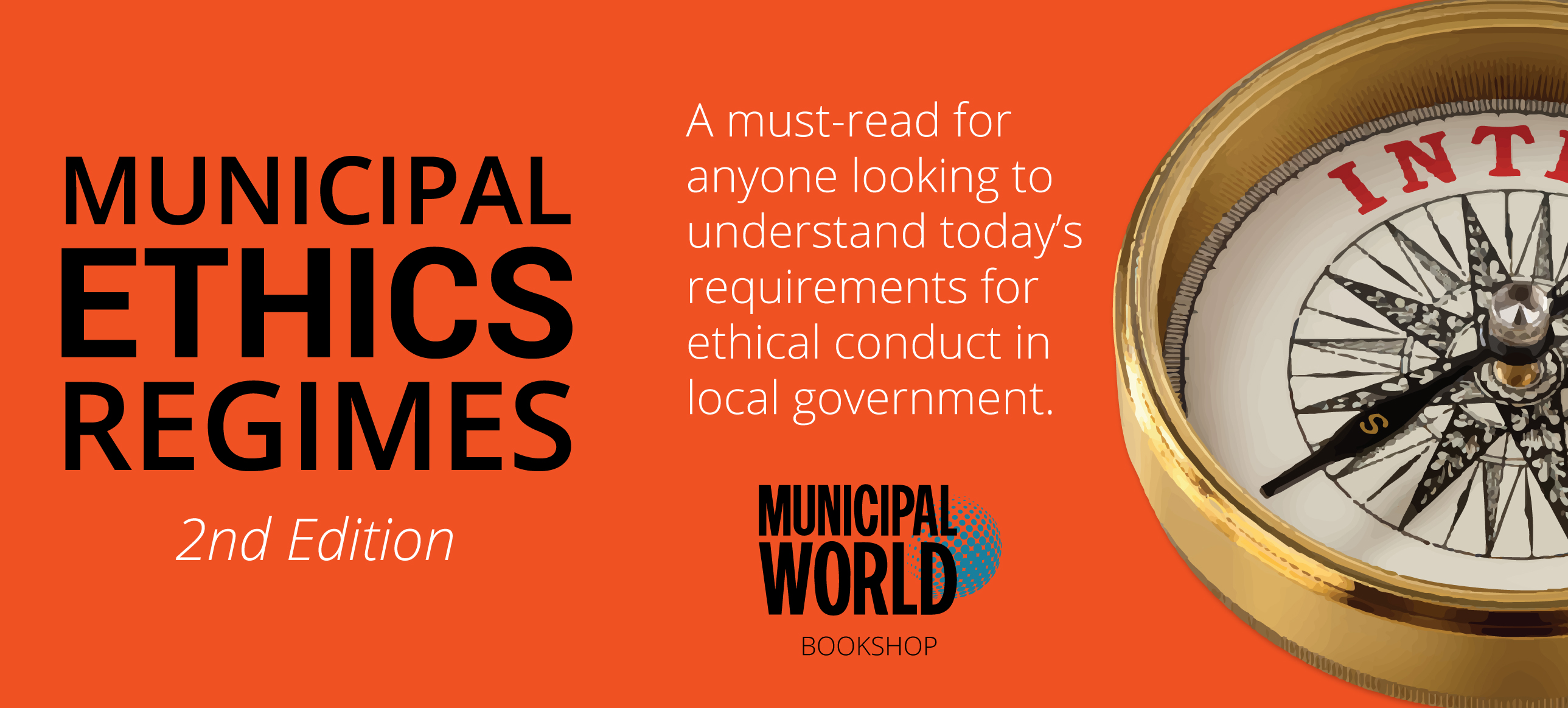Expropriating contaminated land

When a municipality expropriates contaminated land, can it deduct the full cost of remediating the contamination from the amount paid to the reluctant seller? Surprisingly, the answer is still not clear.
The basic principles on valuing expropriated land come from decisions like the Alberta Court of Appeal in Thompson v. Alberta (Minister of Environment), 2007 ABCA 411. The goal of compensating those whose lands have been expropriated “is to place the owner in the same economic position after the taking as he would have been had it not occurred.” Fair compensation is generally calculated based on the land’s highest and best use at the moment of expropriation.1
But, what if the land is contaminated? We know of only two reported decisions in Canada. In 1992, the Ontario Municipal Board (OMB) addressed the issue for the first time in Masae Ltd. v. Toronto (Metropolitan), (1992) 49 L.C.R. 1. Masae was a developer, planning to build a commercial building, and seeking compensation for the loss of that perspective building. The OMB agreed with the city that the contamination affected the land’s highest and best use, and therefore its value. Since converting the land to its highest and best use (building the building) required a building permit, and since the soil would have to be remediated to secure the building permit, the cost of the soil cleanup should be deducted from the overall market value. The OMB permitted the city to deduct the cost of a more expensive “dig and dump/backfill” cleanup because there was evidence that the Ministry of the Environment would not allow a less expensive phased cleanup in that location.
This makes good sense, and is consistent with other case law. But, what if the property owner had no intention of changing the use of the property, and was happily making money on it despite the contamination? There may be thousands of contaminated sites in Canada that do not require cleanup to support their current uses. The property might not have to be cleaned up for many years, if not for the expropriation.
This issue was considered, but not decided, in Toronto (City) v. Bernardo, (2004) 9 C.E.L.R. (3d) 146. The city expropriated a scrapyard, over the vehement and prolonged opposition of the owners and occupants. The owners appraised the property at $242,500; the city estimated the cleanup costs to be between $250,000 and $750,000. Since cleanup costs exceeded the value of the land, the city offered the property owners $1. The owners indignantly rejected this offer, and refused to give up possession of the scrapyard.
Justice Wilton-Siegel upheld the expropriation and awarded the city possession of the land. For this purpose, he only had to decide whether the city had made a reasonable good faith offer for the expropriated land, not its actual value.
He agreed that the city’s $1 offer was made reasonably and in good faith. However, he left open the question whether, and if so when, cleanup costs should be deducted from the amount paid: “I am not convinced that, in the absence of orders or other proceedings under the Environmental Protection Act, the Act permits cleanup costs to be deducted in all circumstances, although I acknowledge that is a possible outcome under Masae.”
In two other cases, the OMB has forced landowners to allow municipalities to test lands that may be expropriated, in order to investigate suspected contamination before making an initial offer. In Markham (Town) v. 690346 Ontario Inc. (2002), 78 L.C.R. 284, the OMB granted the town’s request for an order giving them access to the property to assess the contamination before preparing their offer. The board accepted that the town couldn’t determine whether, or in what amounts, any contaminants might affect the valuation of the lands until it found out what contaminants, if any, existed on the site. The board reached a similar decision in Owen Sound (City) v. Melancthon Investments Ltd., 2005 CarswellOnt 5168.
Thus, cleanup costs are relevant in determining compensation for a contaminated site. They can reasonably be deducted, in full, if the original owner would have had to incur those expenses anyway, regardless of the expropriation. But, if not, the amount that should be deducted is unclear. Ignoring the cleanup costs gives the former owner an undeserved windfall, especially if he or she was the polluter. On the other hand, an owner who would not otherwise have had to pay for a cleanup is undoubtedly left worse off by expropriation if the full cleanup costs are deducted. Perhaps the solution is to deduct a portion of the costs, determined by:
- the present value of the cleanup costs that the owner would have had to incur on sale or redevelopment;
- whether the owner was the polluter, or merely an innocent subsequent purchaser;
- whether the municipality did or must pay for the cleanup after expropriation; and
- whether the cleanup was necessary in the public interest, e.g., to protect human health, neighbouring properties, water resources, or wildlife. MW
1 Per the British Columbia Court of Appeal in Devick v. British Columbia (Minister of Transportation & Highways) (1998), 63 L.C.R. 193, the highest and best use is not limited to historical use where there is evidence of interest in redevelopment prior to expropriation.
as published in Municipal World, January 2012



